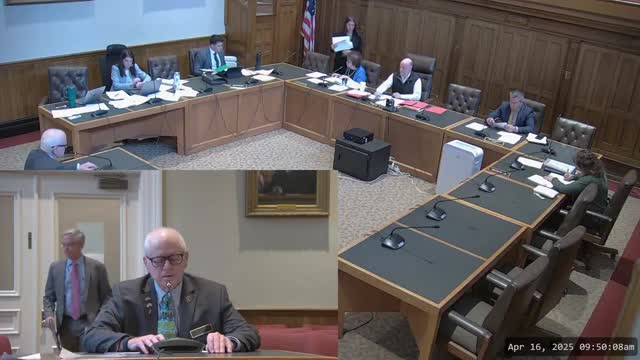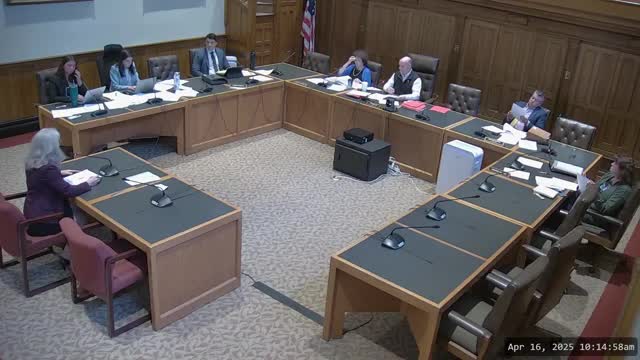Article not found
This article is no longer available. But don't worry—we've gathered other articles that discuss the same topic.

Committee backs changes to oil spill cleanup fund fees after actuarial review; bill advances with implementation delay

Senate committee hears push to raise New Hampshire homestead exemption; debate focuses on $1 million proposal and trust language

